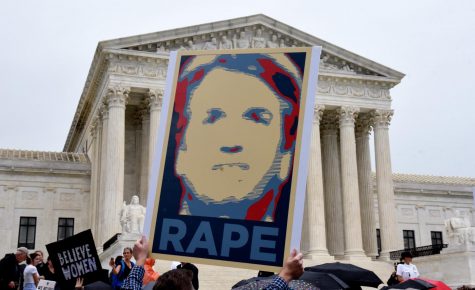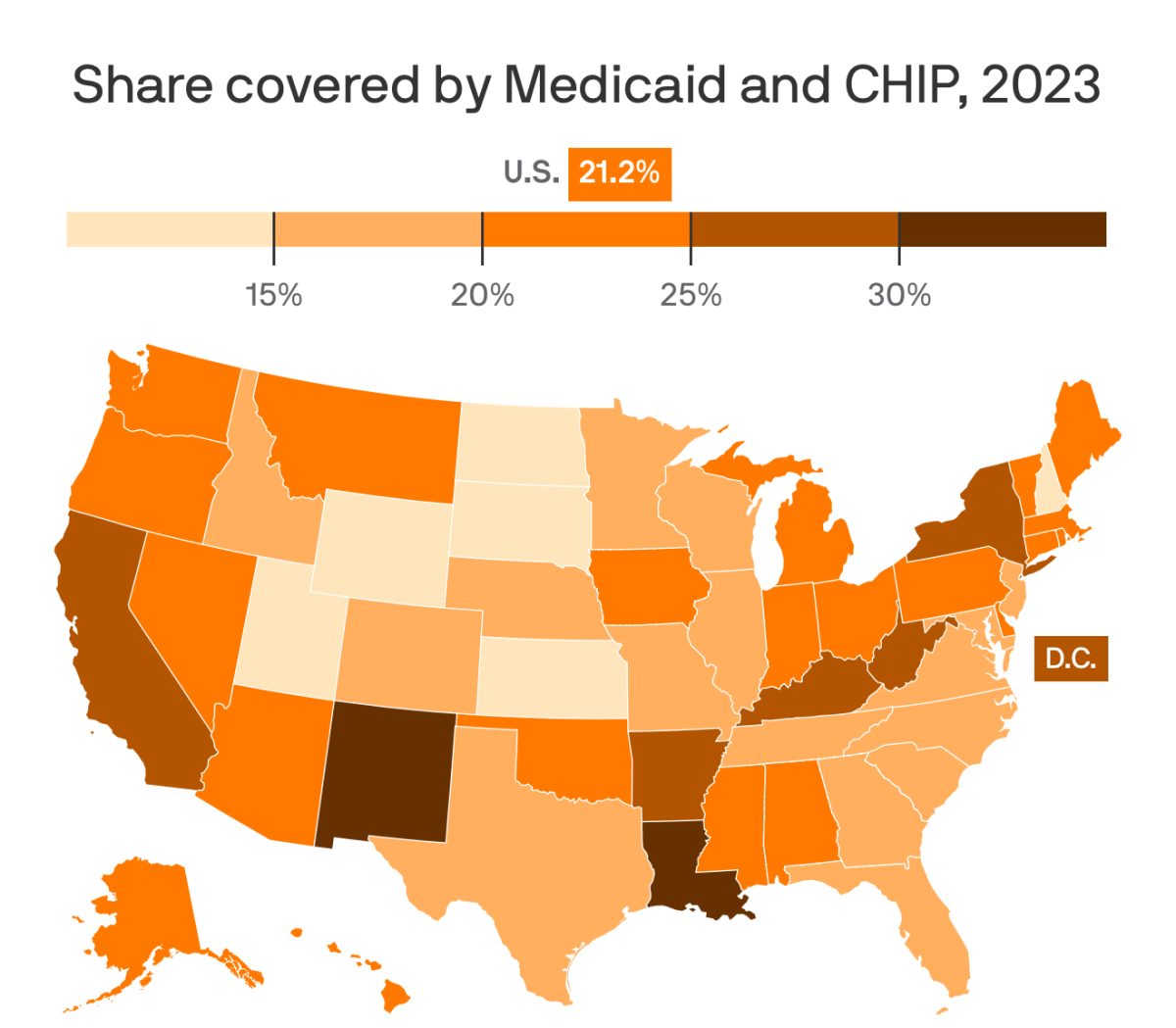After hearing the testimony from Dr. Christine Blasey Ford – a psychology professor who accused Supreme Court nominee Brett Kavanaugh of sexual assaulting her when they were in high school – Democratic senators praised Ford for her bravery and courage, and rightfully so.
While Ford’s testimony was poignant, her story served as only a glimpse of the social and political consequences women continue to face today.
Oct. 1 marked the beginning of domestic violence awareness month, and while the Kavanaugh allegation was not exactly a case of domestic violence, it exemplified the continued assault and violence against women advocates are fighting.
Ford held her composure remarkably well given the trauma of which she was recalling. On the other hand, Kavanaugh raised his voice and spoke furiously as he denied all allegations of sexual assault.
Despite all that transpired during the Senate hearing, what I found to be most shocking was the seemingly regretful acknowledgement in Ford’s voice. “Does that work for you?” she asked.
“I wish that I could be more helpful.”
“I’m used to being collegial.”
She frequently spoke in a way that attempted to cater towards the members of the Senate Judiciary Committee.
To be clear, I admire Ford’s resilience and appreciate her willingness to fulfill what she claims as her “civic duty.”
However, why do women have to be apologetic and even collegial when coming forward about experiences of sexual violence, as if they share responsibility of someone else’s barbarity?
And why does it often take a collective group of women to share their own personal trauma to convince us?
Centuries of sexism and misogynistic practices and policies clearly define the way in which we operate today, but given the momentum of the #MeToo movement and the seriousness of a Supreme Court Justice, one would think this situation would play out differently.
Twenty to 25 percent of college women and 15 percent of college men are victims of forced sex during their time in college, and more than 90 percent of sexual assault victims on college campuses do not report the assault, according to the National Institute of Justice.
These incidents are being overwhelmingly committed by men.
So, men, stop with the assault. Let’s support and uplift Ford, women in our communities and around the world.
I will not make the plea to do this work, tangible or intangible because “we have mothers” or because “we may have daughters in the future,” but because all genders deserve to be free of violence, be it sexual or non-sexual.
Yes, we can call our senators and protest at the capitol, but the decision to confirm Kavanaugh to the United States Supreme Court is largely out of our hands.
Still, that does not mean we cannot, or should not, work towards a more equitable, violence-free future for women and other genders.
Dr. Martin Luther King Jr. once said that the arc of moral justice is long, but it bends toward justice.
I would argue the sustained effort of organizing, breaking down systems that perpetuate injustice, and empowering marginalized groups, has intentionally bent the arc. 
Categories:
Kavanaugh’s Hearing Perpetuates Patriarchy
Braxton Brewington, Contributor
October 2, 2018
0
More to Discover






